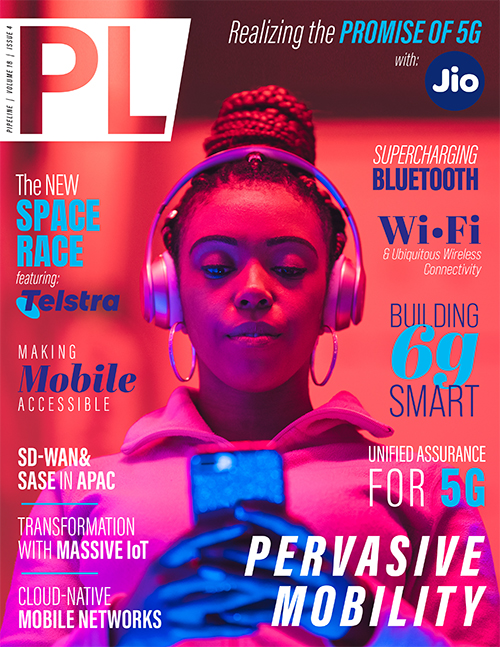Making Mobile Devices More Accessible
Features of the RAZ Memory Cell Phone
The RAZ Memory Cell Phone has several features and capabilities that can be activated by the caregiver through the online portal or app. Most of these features address challenges faced by individuals with intellectual disabilities. Just about all of them were developed in response to customer feedback.
Listening to customers and learning about the unique needs of people with intellectual disabilities, especially dementia, is critical. Using intuition to ascertain beneficial features is simply not sufficient. For example, some users have the habit of holding the phone out in front of them, rather than to their ear. To address this, caregivers can select an option for all calls to go to the speaker, rather than the earpiece. Absent feedback, we would never have known, or even suspected, this behavior. Many forget to charge the phone at the end of the day. We tackle this challenge by providing the caregiver the ability to check the phone’s battery strength in the app or online portal. The caregiver can also elect to receive a text message when the phone’s battery strength hits a certain threshold, say 20 percent. There is also an option to automatically answer incoming calls. If activated, the user does not need to press the Answer button for the call to connect. This feature assists people with more severe intellectual disabilities who may not reflexively press Answer when they receive a call. For users who are vulnerable to telemarketers and fraudsters, incoming calls can be limited to calls from contacts.
Two recently introduced features include the ability to send the user reminders, and the ability to prevent the user from placing outbound calls during certain time windows, designated as “quiet hours.” This feature was developed after a customer told us that his father loved the phone but was now calling him repeatedly during the workday. The “quiet hours” feature allows the caregiver to restrict the user’s ability to call during certain times of the day, such as the middle of the night, which can be a problem if the user is frequently confused by time of day.
These features address the pain points experienced by both users and caregivers, allowing people with intellectual disabilities to stay connected with family members even as their condition deteriorates.
The future of the RAZ Memory Cell Phone
Remote health monitoring via wearables works very well for most Americans. Many seniors with dementia and other serious intellectual disabilities, however, cannot operate a smartwatch or other wearable. In 2022, RAZ Mobility will use the RAZ Memory Cell Phone as a platform from which caregivers can remotely monitor the health of their loved one. The principles of simplicity and ease-of-use that the RAZ Memory Cell Phone uses to enable telecommunications will also be used to facilitate health monitoring. The objective is to deliver health and wellness services in ways that will allow people who otherwise cannot benefit from such technologies to do so.
At the same time, RAZ Mobility will continue to further develop features that will make it easier for people with severe disabilities to use telecommunications and stay connected with family. With more than six million Americans living with dementia, and approximately 11 million family members caring for these individuals, making mobile devices accessible and keeping this population connected to friends and family is an important mission.



















